Lawmakers must act to boost telehealth and digital equity
Making key pandemic-era telehealth policies permanent and ensuring more people have reliable internet access will improve health outcomes for all.
By Cecilia Oregón, Executive Director, Kaiser Permanente Institute for Health Policy
Once considered a luxury, high-speed internet is now a necessity. People need reliable online access to connect to essential resources, including employment, education, finances, and — increasingly — health care.
And yet, not everyone has the ability or wherewithal to get online. This is a high-tech amplification of the inequality that has troubled America throughout its history. As our nation expands its reliance on the internet to access health care, as well as social and economic resources, this digital divide can lead directly to inequality in health outcomes.
To prevent this, we need public policies that aim for digital equity: Everyone should have the access, tools, and knowledge they need to get online. We also need policies that ensure everyone who wants and needs it can access virtual health care.
Pandemic-era policy makes telehealth more accessible
During the COVID-19 pandemic, an unprecedented number of people in the U.S. have received routine care away from traditional settings. For example, Kaiser Permanente, which was at the forefront of building virtual care capacity prior to the pandemic, delivered over 28 million telehealth visits in 2021 as our members sought care while staying safe at home. After an initial peak in 2020, telehealth use in 2021 settled at a level 38 times higher than before the pandemic, according to consulting firm McKinsey & Company.
Increased adoption of telehealth has resulted from strong demand, favorable consumer perception, and public and private investments. Congressional action also helped drive increases, allowing the Centers for Medicare & Medicaid Services to remove geographic restrictions so more patients could have virtual visits. CMS also increased the types of services Medicare covers and ensured more providers were eligible to offer telehealth to their patients.
Importantly, CMS also began covering phone-based visits for Medicare beneficiaries. This change was key to expanding access for many people, especially Black and Latino populations who often face “digital redlining,” when internet companies underinvest in providing service to communities that have lower incomes, resulting in lower-quality, less affordable broadband services.
State-level policymakers also have taken steps to increase telehealth adoption. They helped ensure Medicaid coverage for phone-based care and developed multistate licensure agreements, allowing people to access a wider variety of providers across state lines.
Challenges ahead
In late 2022, Congress extended policies, but many expire after 2024. State-level policymakers also must determine the next steps.
Meanwhile, increasing access to high-speed internet continues to be a challenge for our nation. People living in rural areas and those who have lower incomes, in both rural and urban areas, remain less likely to have home broadband or own a smartphone, tablet, or computer.
The billions of dollars for broadband expansion Congress passed in the Infrastructure Investment and Jobs Act was a promising step but also just the beginning.
Policymakers must take further action
To ensure continued access to telehealth, Congress should make key pandemic-era telehealth policies permanent. They should support access to phone-based care, while working to expand digital access.
Lawmakers should also continue supporting research and the development of standards to improve healthcare quality measures. Quality measures help ensure that all care, including care provided in a virtual setting, is high-quality and equitable.
While they are working on those policies, lawmakers should work toward the broader goal of digital equity. This includes bolstering basic internet infrastructure and advancing policies to make internet access and internet-connected devices more affordable.
New policies should also help ensure everyone has the knowledge and support needed to navigate the online world. The ability to navigate is critical to enabling full access to and participation in an increasingly digital society where people need reliable high-speed internet to apply for jobs, access online education and financial resources, and more. This makes digital equity a key element of social health — the nonmedical factors that significantly influence health outcomes.
If we want better health outcomes for all, we need to work to create digital equity and make expanded telehealth policies permanent to give more Americans access to much needed care.
Learn more about digital equity and public policy by watching our December 2022 forum with leading experts.
-
Social Share
- Share Lawmakers Must Act to Boost Telehealth and Digital Equity on Pinterest
- Share Lawmakers Must Act to Boost Telehealth and Digital Equity on LinkedIn
- Share Lawmakers Must Act to Boost Telehealth and Digital Equity on Twitter
- Share Lawmakers Must Act to Boost Telehealth and Digital Equity on Facebook
- Print Lawmakers Must Act to Boost Telehealth and Digital Equity
- Email Lawmakers Must Act to Boost Telehealth and Digital Equity

February 18, 2026
A better approach to preventing chronic conditions
With the right support from our policy leaders, we can help ensure fewer …

December 15, 2025
‘Free’ drug samples aren’t really free
Pharmaceutical marketing hurts patient care and drives up costs. At Kaiser …

December 9, 2025
Buprenorphine saves lives. Why can’t more patients get it?
Policy changes are crucial for better opioid addiction treatment.

November 19, 2025
Will AI rules leave small hospitals behind?
Policymakers can design regulations that protect patients and work for …

November 4, 2025
A best place to work for veterans
As a 2025 top Military Friendly Employer, Kaiser Permanente supports veterans …

October 28, 2025
California employers, meet our smarter Choice plan
Kaiser Permanente Plus™ more affordably adds some out-of-network flexibility …

October 21, 2025
Health coverage is key to early breast cancer detection
Timely screenings save lives and lower costs, but millions of people miss …

October 15, 2025
Kaiser Permanente shows up strong for the annual plane pull
Championing health equity and teamwork drives Kaiser Permanente’s support …

September 5, 2025
Congress must act to keep health insurance affordable
Enhanced premium tax credits help millions of people afford health insurance. …

August 5, 2025
Pharmaceutical marketing hurts patient care
At Kaiser Permanente, our doctors and pharmacists work together to ensure …

July 22, 2025
Mental health care without borders
When clinicians can practice across state lines, more people can get the …

July 15, 2025
A new chapter of Kaiser Permanente’s hospital care is born
Kaiser Permanente physicians and staff are now caring for patients at several …

June 26, 2025
Our commitment to vaccine access
Kaiser Permanente’s statement on vaccine access.

June 17, 2025
We must grow the health care workforce
At Kaiser Permanente, we educate future clinicians and offer programs that …

June 16, 2025
Getting care while traveling made easier
Kaiser Permanente’s agreement with Cigna provides our members with more …
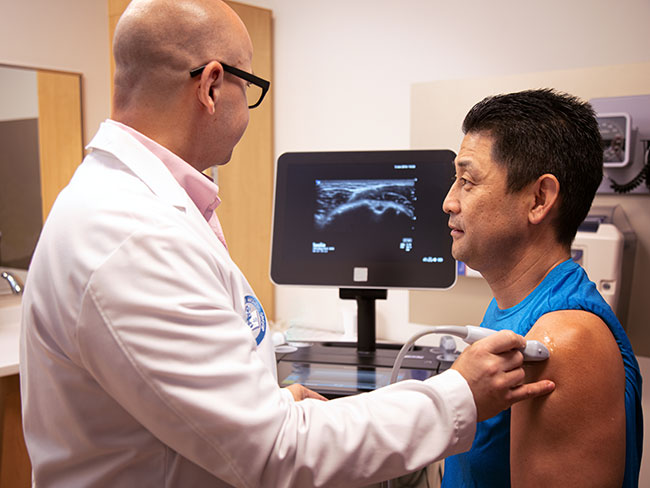
May 21, 2025
Trust unlocks AI’s potential in health care
Artificial intelligence can improve health care by reducing administrative …

April 21, 2025
Congress must protect Medicaid and insurance tax credits
Medicaid and tax credits for acquiring coverage are essential for patients, …

March 27, 2025
We’re committed to mentorship, mental health, and communities
Kaiser Permanente awarded Elevate Your G.A.M.E. a grant to expand program …

March 25, 2025
AI in health care: 7 principles of responsible use
These guidelines ensure we use artificial intelligence tools that are safe …

March 24, 2025
Our nation's health depends on coverage
Health insurance is key to a strong country — it improves health and boosts …

March 17, 2025
Remembering Bill Coggins and his lasting legacy
The founder of the Kaiser Permanente Watts Counseling and Learning Center …
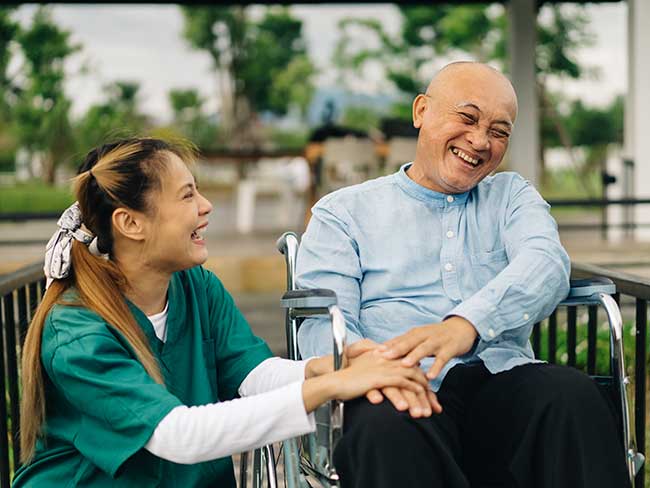
February 20, 2025
Our nation’s health suffers if Congress cuts Medicaid
Reducing Medicaid funding will lead to worse health outcomes, overburden …

January 15, 2025
Why the U.S. needs more community health workers
With the right strategies and public policies, we can strengthen our nation’s …

December 26, 2024
Linking isolated communities to care
A collaborative partnership, powered by trusted nonprofit partners, brings …

December 10, 2024
Accelerating growth in the mental health care workforce
Actions policymakers can take to grow and diversify the mental health care …
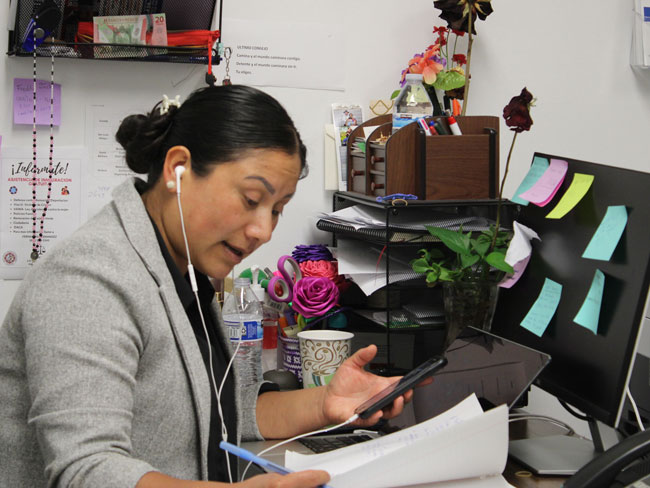
November 11, 2024
Health care coverage now accessible to uninsured people
Indigenous farmworkers may qualify for new Kaiser Permanente coverage.

November 11, 2024
Medicare telehealth flexibilities should be here to stay
We urge Congress to extend policies that have improved access to care and …

October 15, 2024
Our dedication to fostering well-being and equity
The 2023 Kaiser Permanente Southern California Community Health County …
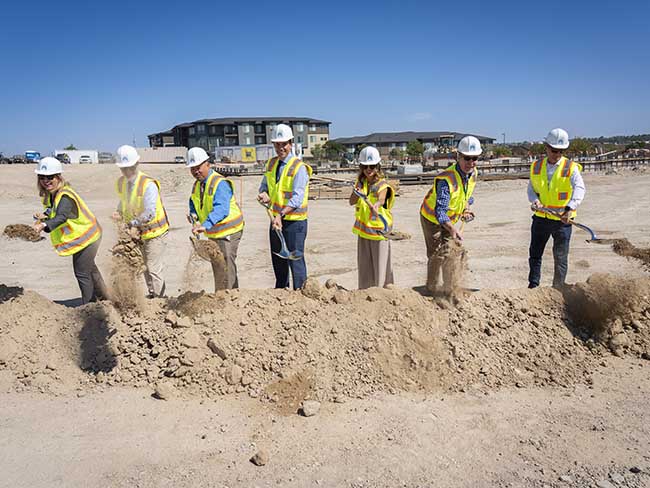
September 17, 2024
Groundbreaking at new medical offices in Pueblo
The new Pueblo North Medical Offices will replace the existing facility …

September 16, 2024
Voting affects the health of our communities
In honor of National Voter Registration Day, we encourage everyone who …

July 22, 2024
Our nation’s health depends on well-funded research
Advanced medical science improves patient outcomes. We urge lawmakers to …

July 16, 2024
Teacher residency program improves retention and diversity
A $1.5 million Kaiser Permanente grant addresses Colorado teacher shortage …

June 19, 2024
Investments in Black community promote total health for all
Funding from Kaiser Permanente in Washington helps to promote mental health, …
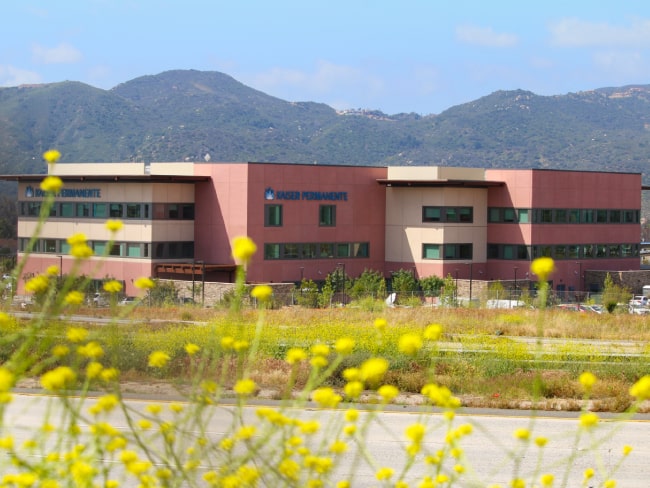
May 24, 2024
Investing to meet health care needs
The new Wildomar Trail Medical Offices offer additional opportunities for …

May 7, 2024
Making cancer care more convenient in Southern California
Kaiser Permanente has opened a new Radiation Oncology Center at the Bellflower …

May 7, 2024
Can the badly broken prescription drug market be fixed?
Prescription drugs are unaffordable for millions of people. With the right …

April 25, 2024
Expanding access to cancer care in Southern California
Kaiser Permanente has opened a new Radiation Oncology Center and MRI Center …

April 12, 2024
It’s time to address America’s Black maternal health crisis
Health care leaders and policymakers should each play their part to help …

March 26, 2024
Donations assure access to affordable health care
Kaiser Permanente grant and challenge spark $18.7 million for Denver Health’s …

March 19, 2024
Fostering responsible AI in health care
With the right policies and partnerships, artificial intelligence can lead …

March 18, 2024
Program helps member prioritize her health
Medical Financial Assistance program supports access to health care.

March 6, 2024
Former employee honored for supporting South LA families
Bill Coggins, who founded the Kaiser Permanente Watts Counseling and Learning …
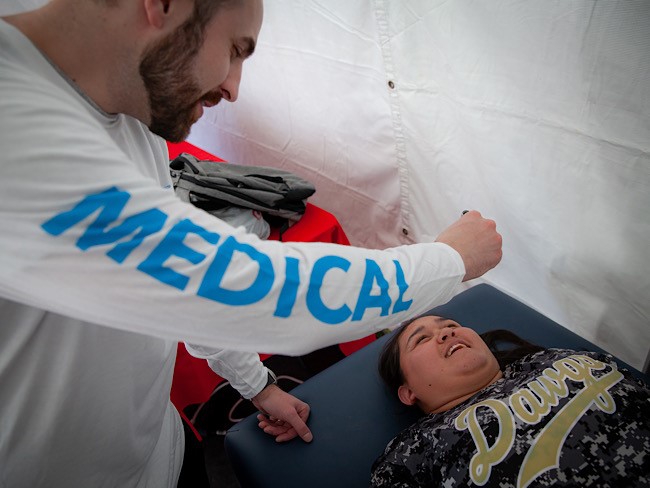
March 4, 2024
Taking care of Special Olympics athletes
Kaiser Permanente physicians and medical students provide medical exams …
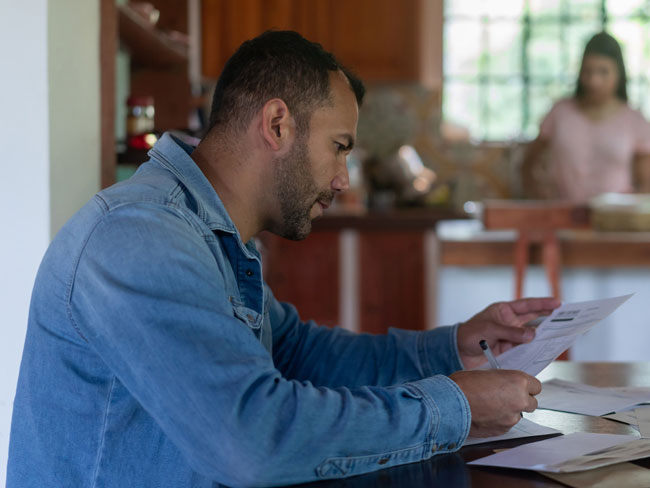
February 26, 2024
Patients can apply for help with medical bills
Kaiser Permanente offers financial assistance for people struggling to …

February 12, 2024
Proposition 1 would bolster mental health care in California
Kaiser Permanente supports the ballot measure to expand and improve mental …

February 2, 2024
Expanding medical, social, and educational services in Watts
Kaiser Permanente opens medical offices and a new home for the Watts Counseling …

January 31, 2024
Prioritizing policies for health and well-being in Colorado
CityHealth’s 2023 Annual Policy Assessment awards cities for their policies …

January 22, 2024
Solutions for strengthening the mental health care workforce
Better public policies can help address the challenges. We encourage policymakers …

December 20, 2023
Funding solutions to end gun violence
Researchers and organizations are exploring inventive ways to reduce gun …

December 20, 2023
Championing inclusivity at the Fall Games
Kaiser Permanente celebrates inclusion at Special Olympics Southern California …
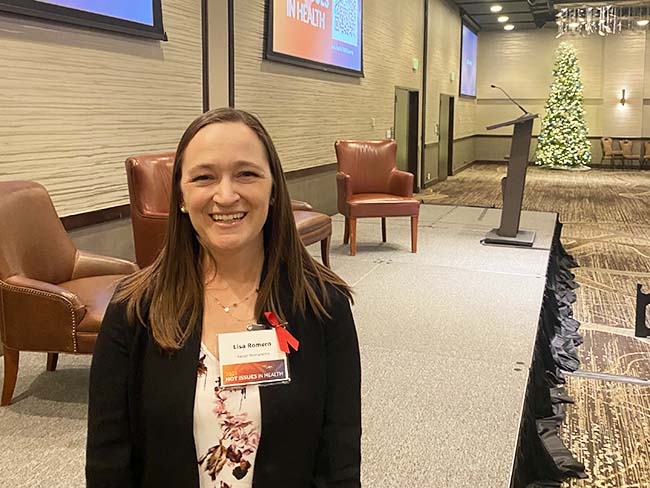
December 15, 2023
Climate change is already affecting our health
The health care industry is responsible for 8% to 10% of harmful emissions …

December 7, 2023
Safe, secure housing is a must for health
We offer housing-related legal help to prevent evictions and remove barriers …
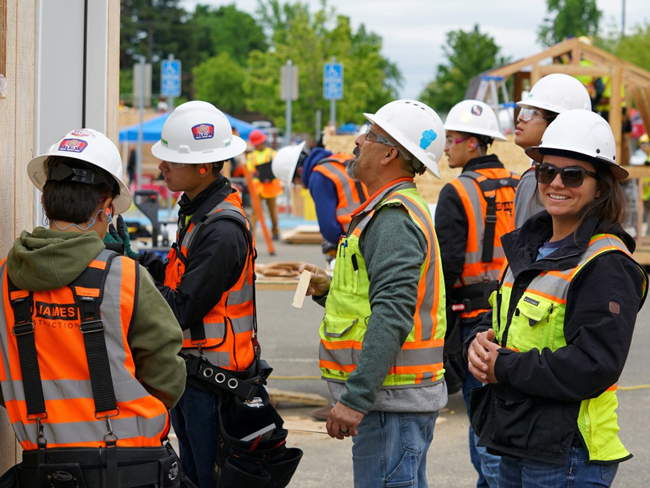
December 6, 2023
Solid foundation: How construction careers support health
Steady employment can improve a person's health and well-being. Our new …

November 13, 2023
Congress must act to address drug shortages
Kaiser Permanente is working to address drug shortages and support policies …

November 1, 2023
Meet our 2023 to 2024 public health fellows
To help develop talented, diverse community leaders, Kaiser Permanente …

September 6, 2023
Advancing mental health crisis care through public policy
Organizations that provide public mental health crisis services must work …

August 28, 2023
Grants improve the total health of our communities
Kaiser Permanente increases access to mental health services in Southern …

August 15, 2023
'Hot-spot' strategy gets more Californians vaccinated
A new location-based vaccine strategy by Kaiser Permanente was successful …

August 10, 2023
Highlighting our community health work in Southern California
The Kaiser Permanente Southern California 2022 Community Health Snapshot …

August 2, 2023
Social health resources are just a click or call away
The Kaiser Permanente Community Support Hub can help members find community …

July 11, 2023
Our prescription for safe, effective, more affordable drugs
Our approaches ensure effectiveness and safety, and drive cost savings. …

June 30, 2023
Our response to Supreme Court ruling on LGBTQIA+ protections
Kaiser Permanente addresses the Supreme Court decision on LGBTQIA+ protections …

June 29, 2023
Our response to Supreme Court's ruling on affirmative action
Kaiser Permanente addresses the Supreme Court decision on affirmative action …

June 29, 2023
Special Olympics athletes go for the gold
Kaiser Permanente celebrated its sixth year as official health partner …

June 14, 2023
Honored for commitment to people with disabilities
The Achievable Foundation recognized Kaiser Permanente for its work to …

June 7, 2023
Engaging businesses for action on climate and health equity
New climate collaborative with BSR announced at joint Kaiser Permanente …

June 1, 2023
Policy recommendations from a mental health therapist in training
Changing my career and becoming a therapist revealed ways our country can …

May 30, 2023
Kaiser Permanente commits up to $10 million to Denver Health
Funding comes as Denver Health provided $120 million in uncompensated care …

May 22, 2023
Investing and partnering to build healthier communities
Kaiser Permanente supports Asian Americans Advancing Justice to promote …
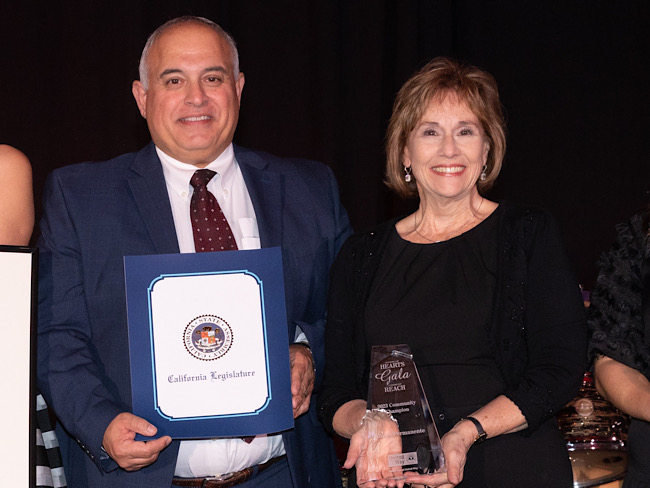
May 19, 2023
Partnering to improve the health of homeless individuals
Grant funds will combat housing inaccessibility and improve health care …

May 11, 2023
COVID-19 testing, testing — Get results in 1, 2, 3
Testing is the most important way you can help control the spread of COVID-19.

May 10, 2023
A workplace for all
We are building inclusive work and care environments where everyone feels …

May 10, 2023
Health equity, inclusion, and belonging
We strive for fairness, respect, and inclusion for all.

May 2, 2023
Women lead an industrial revolution at the Kaiser Shipyards
Early women workers at the Kaiser shipyards diversified home front World …
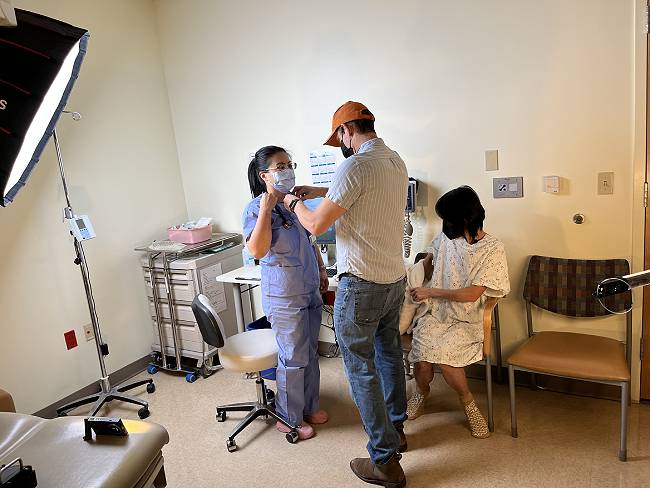
April 27, 2023
Inspiring students to pursue health care careers
Kaiser Permanente is confronting future health care staffing challenges …

April 25, 2023
Hannah Peters, MD, provides essential care to ‘Rosies’
When thousands of women industrial workers, often called “Rosies,” joined …

April 11, 2023
Collaboration is key to keeping people insured
With the COVID-19 public health emergency ending, states, community organizations, …

April 5, 2023
Housing help brings stability to patients’ lives
With medical-legal partnerships, we’re helping prevent evictions. Patients …
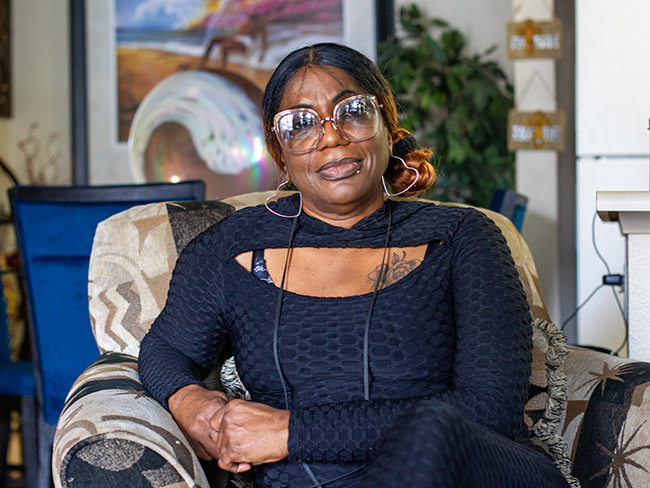
April 3, 2023
Hospital patients who are homeless connected to housing
A Kaiser Permanente program connects patients experiencing homelessness …

March 29, 2023
Supporting a safer future with public health
We’re partnering on 3 initiatives to strengthen public health in the United …

February 17, 2023
Good health starts in our communities: 2022 by the numbers
Kaiser Permanente supports total health in our communities in partnership …

November 14, 2022
It’s time to rethink health care quality measurement
To meaningfully improve health equity, we must shift our focus to outcomes …

November 11, 2022
High-quality, equitable care
We believe everyone has a right to good health.
November 11, 2022
Early leaders in equity and inclusion
Explore Kaiser Permanente’s commitment to equitable, culturally responsive …
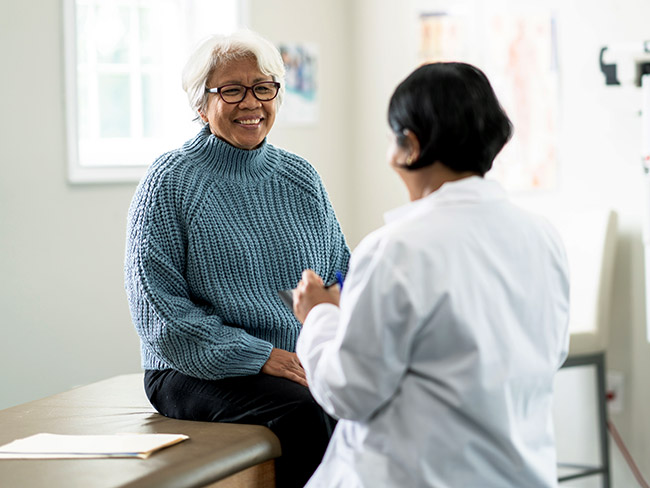
November 8, 2022
Protecting access to medical care for legal immigrants
A statement of support from Kaiser Permanente chair and CEO Greg A. Adams …

October 5, 2022
Safe travels: Our members now have more U.S. care options
Need urgent care in Florida? Michigan? Alaska? Here are 2 ways we’ve made …

August 16, 2022
Our support for the Inflation Reduction Act
A statement from chair and chief executive Greg A. Adams on the importance …

May 2, 2022
How to transform mental health care: Follow the research
We applaud President Biden and Congress as they begin to set policies that …

March 22, 2022
Our commitment to equity and our LGBTQIA+ communities
A statement from chair and chief executive officer Greg A. Adams.

February 21, 2022
A best place to work for LGBTQ+ equality
Human Rights Campaign Foundation gives Kaiser Permanente another perfect …
February 14, 2022
Health care scholarships available
Kaiser Permanente in Hawaii to provide up to $100,000 in scholarships to …
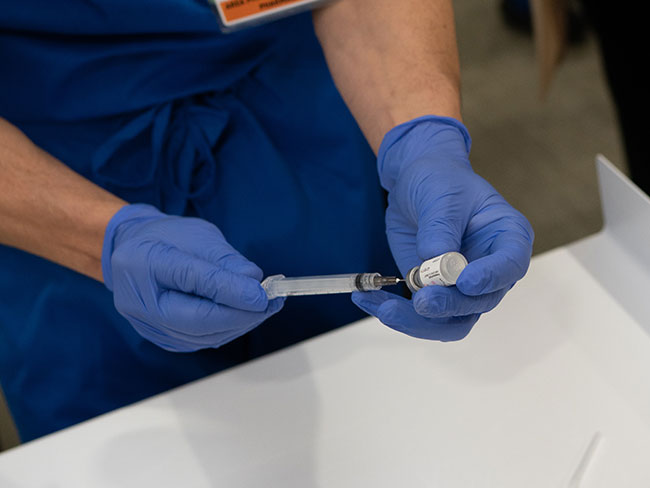
October 12, 2021
Beyond advocacy: Requiring vaccination to stop COVID-19
Kaiser Permanente and other leading companies are mandating COVID-19 shots …
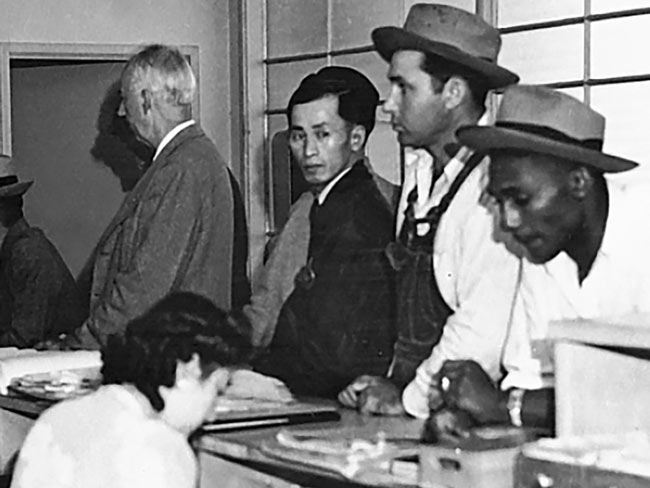
August 25, 2021
Kaiser Permanente’s history of nondiscrimination
Our principles of diversity and our inclusive care began during World War …
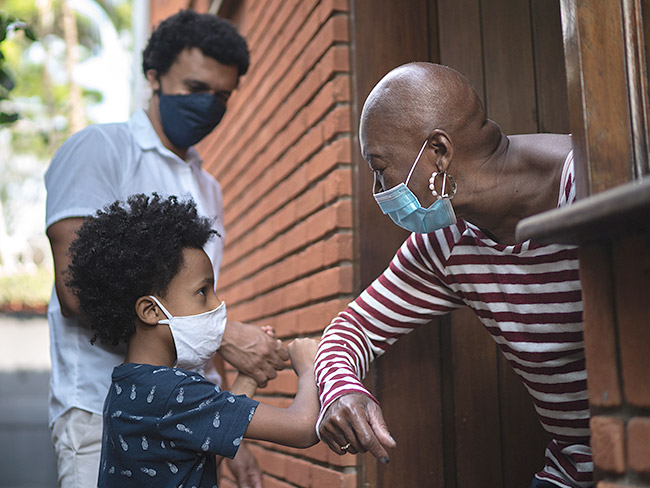
July 7, 2021
Achieving health equity
Equal medical care is not enough to end disparities in health outcomes.

June 2, 2021
Path to employment: Black workers in Kaiser shipyards
Kaiser Permanente, Henry J. Kaiser’s sole remaining institutional legacy, …

April 27, 2021
Health data privacy
Protecting our members’ personal health information

April 23, 2021
Medicaid
Delivering high-quality Medicaid coverage and services
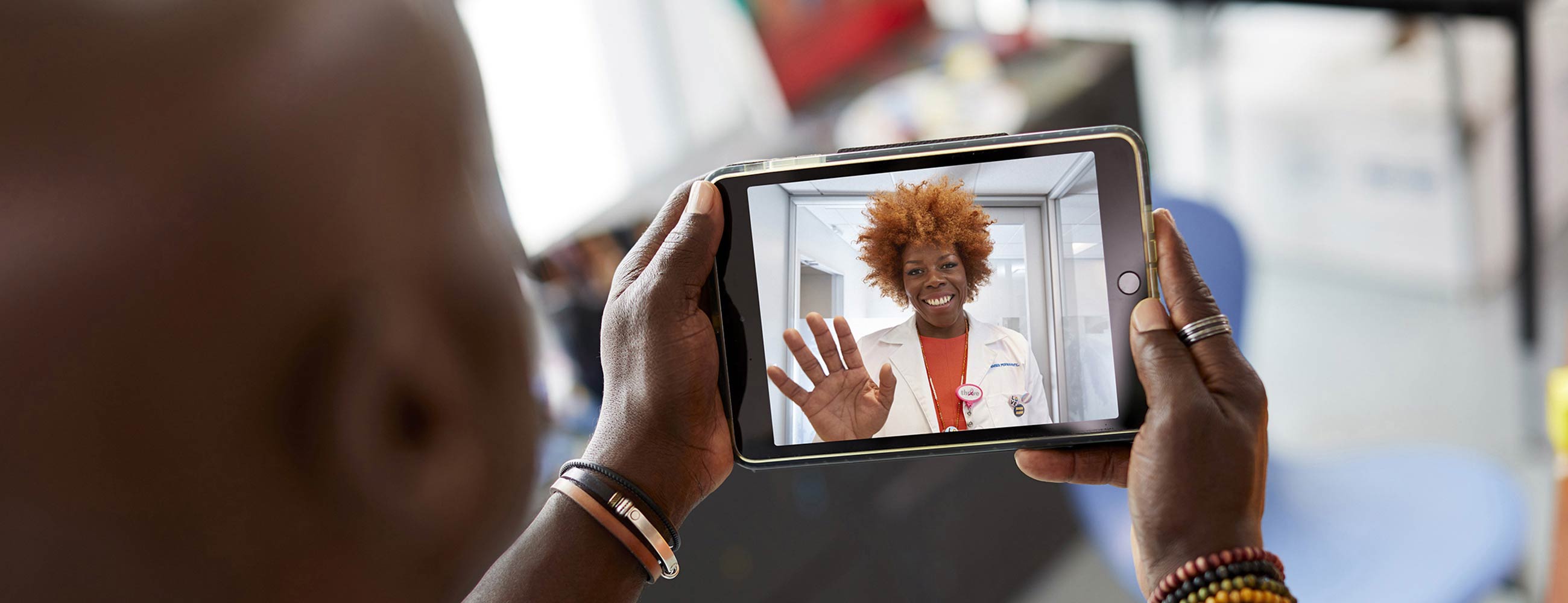
July 31, 2020
Telehealth
Expanding telehealth access

April 27, 2020
Health care reform
Affordable, accessible health care and coverage

March 1, 2020
Prescription drug pricing
Bringing down the high cost of medication